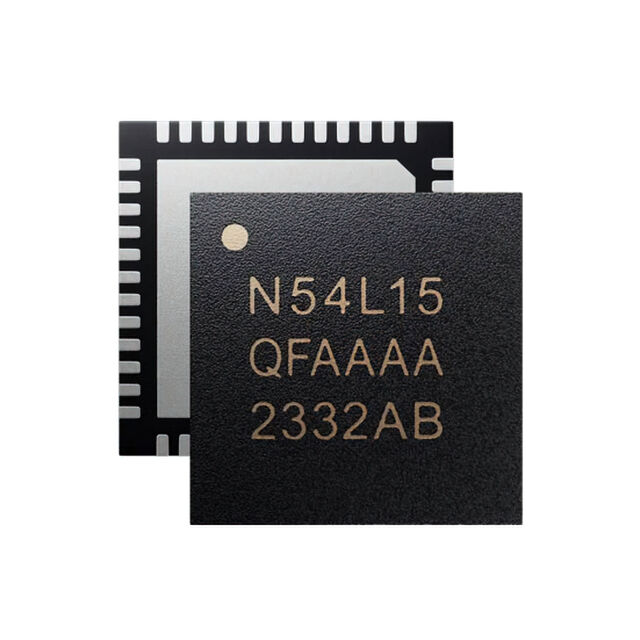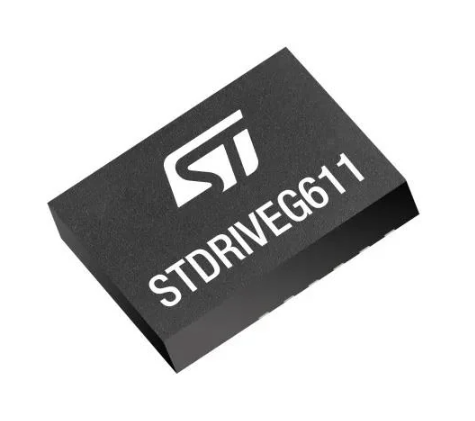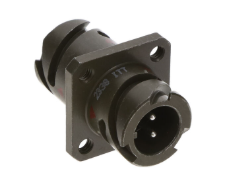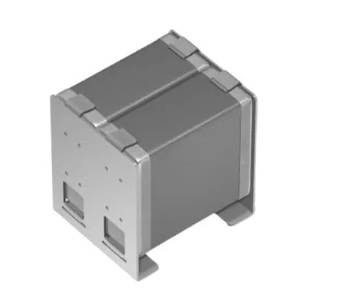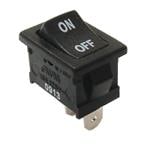Smell your way to better brain health
In a pioneering approach to counter age-related cognitive decline, researchers from Japan and the UK have developed a virtual reality (VR) game that trains the brain using the power of smell.
The system, which blends immersive gameplay with olfactory stimulation, aims to support memory and reduce the risk of neurodegenerative diseases such as dementia in older adults.
The collaborative research, conducted by the Institute of Science Tokyo (Science Tokyo), University of the Arts London, Bunkyo Gakuin University, and Hosei University, introduced the world’s first VR-based cognitive training method that specifically targets the sense of smell.
The method uses a custom-designed olfactory display to release scents during gameplay, engaging brain regions linked to memory and emotion. Participants, aged between 63 and 90, were immersed in a virtual landscape where they completed a series of smell-based memory tasks. Starting at a stone statue that emits a scent when touched, players are challenged to remember the smell and later identify it among multiple options at a different location in the game.
Professor Takamichi Nakamoto of Science Tokyo, who led the research, explained the cognitive process behind the experience: “VR provides a promising platform to simulate sensory conditions in a controlled yet engaging manner. By combining goal-oriented tasks with real-time feedback, our VR-based olfactory training approach can increase cognitive engagement and maximise its therapeutic impact.”
The task comprises three key phases:
- Smell memory: participants memorise a scent accompanied by a visual cue
- Navigation: they move through a virtual world following faint scent trails to locate the source
- Odour comparison: players distinguish between multiple smells to identify the original
Each stage is designed to activate specific brain functions – such as spatial memory, sensory integration, and olfactory discrimination – known to deteriorate with age.
Short-term results were encouraging. After a single 20-minute session, participants demonstrated measurable improvements in cognitive function. In the Hiragana Rotation Task, which tests visuospatial ability, scores increased from 19-82 to 29-85. In a separate word-based spatial memory task, performance rose from 0-15 to 3-15. All improvements were statistically validated.
While the current system relies on a bespoke scent-emitting display, researchers are optimistic about future adaptations. As more affordable or scalable delivery methods emerge, such games could become widely accessible tools to promote cognitive resilience among ageing populations.
This study highlights the untapped potential of combining sensory engagement with virtual environments – suggesting that one of the keys to healthy ageing might just lie in the nose.


